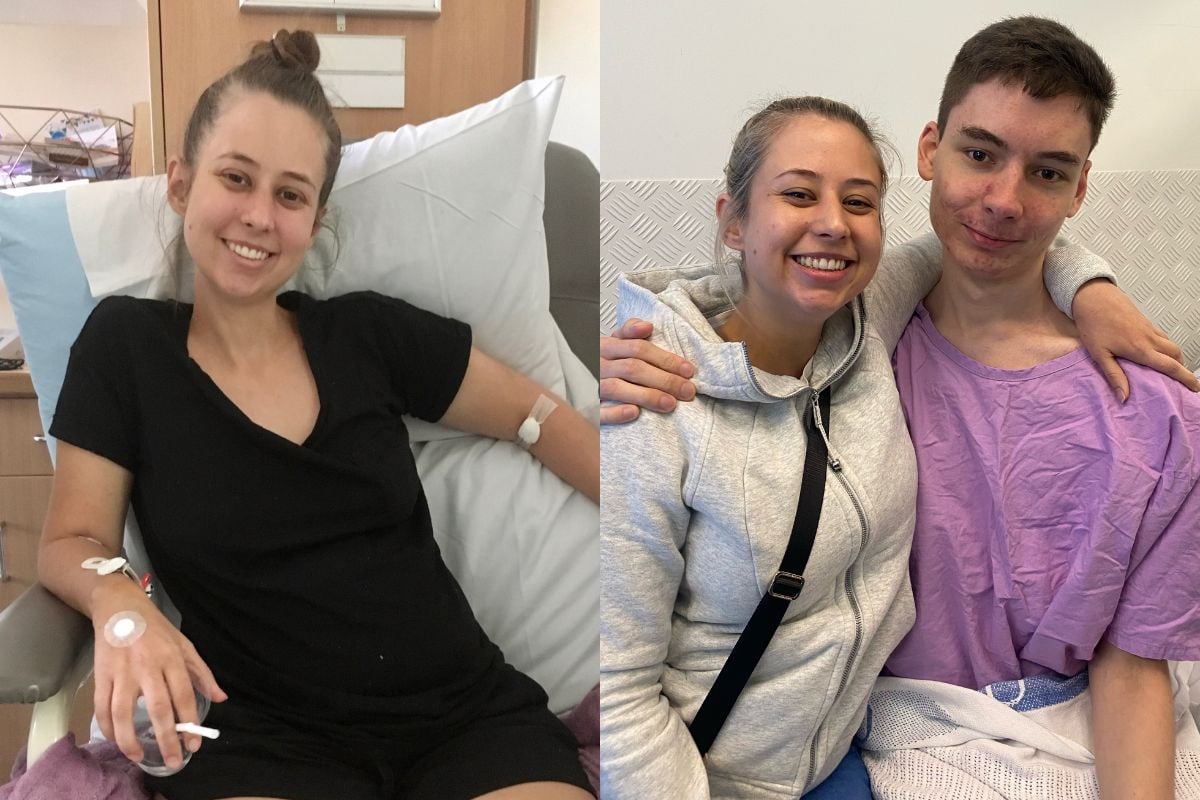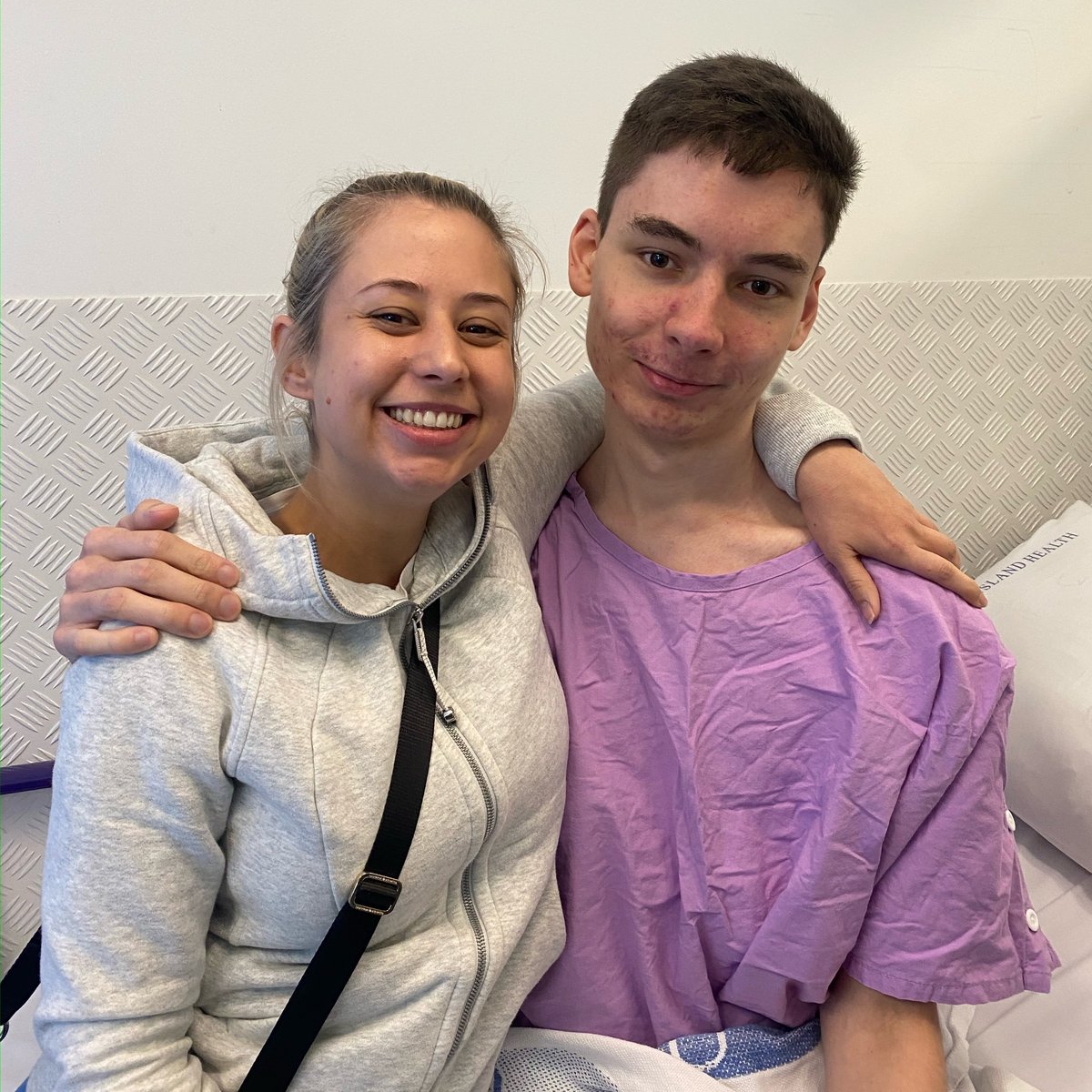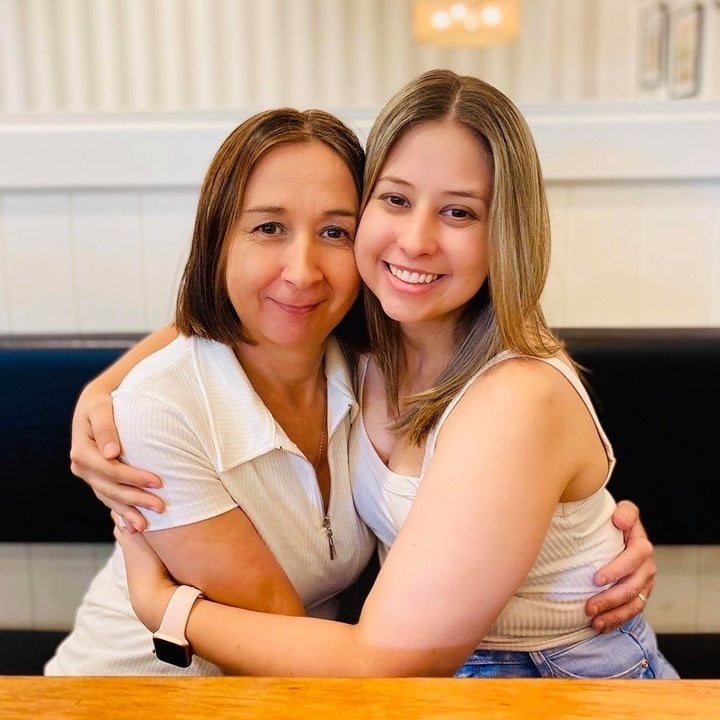
When Renee suddenly started feeling sick in 2019, cancer was the furthest thing from her mind.
She was a typical 25-year-old living in Brisbane. She worked a retail job, lived out of home and thought her 30th birthday would be the next major milestone in her life.
But when she started experiencing stomach cramps and regularly throwing up in March of that year, it was clear something was wrong.
"It was obviously really concerning because it was getting to the point where I wasn't able to keep many things down… I thought, why am I sick all of a sudden? I don't know what this is?," she told Mamamia.
Unfortunately, frequent trips to the GP didn't provide any clear answers, and saw Renee receive a rotation of different pain medications to treat what her doctor suspected may have been irritable bowel syndrome or a possible blockage.
Renee didn't realise how serious her health condition was until a customer pointed out how she looked one day at work.
"They said, 'You've lost a lot of weight, and you're looking quite pale'," she recalled.
"I said, 'I'm not really feeling great.' And she's said, 'Yeah, something's not right'... And she was right."
The next day, Renee woke up in "extremely agonising pain" and rushed to the emergency department.
There, doctors told her she was likely experiencing a blockage and she was given pain relief. When it didn’t work, they decided to keep her in overnight and give her an X-ray.
The next day, after a subsequent CT scan, she found out the results.































































































